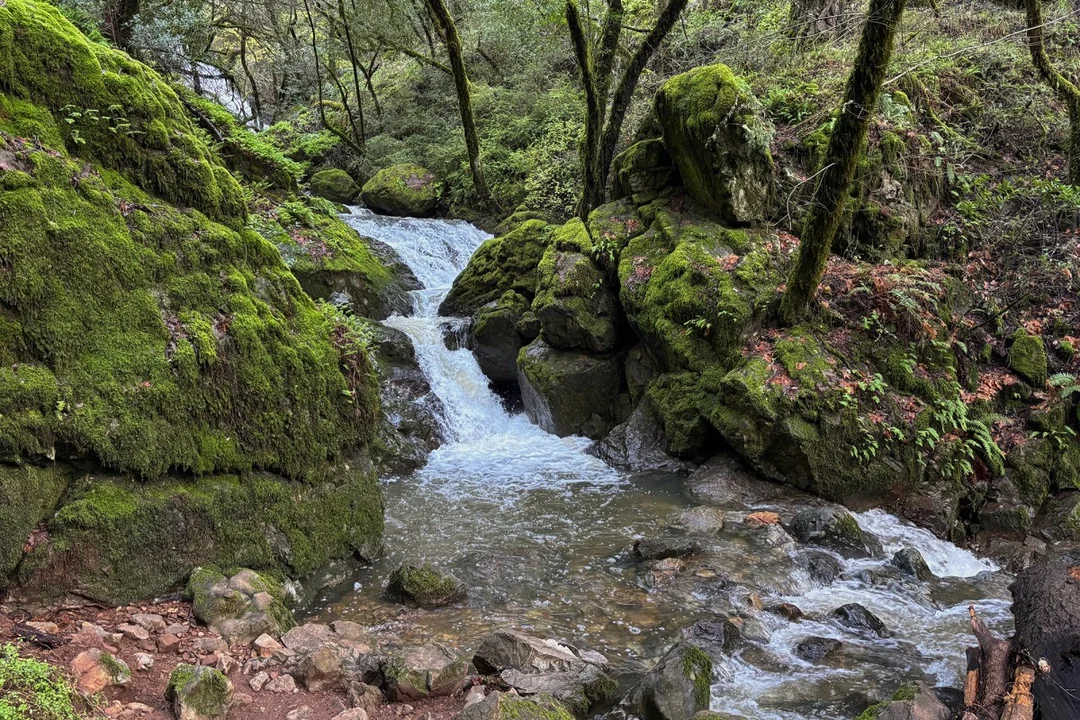
California Wetlands at Risk After Trump-Era Clean Water Act Ruling
California's wetlands are facing increased risks following a recent decision by the U.S. Supreme Court to uphold a Trump-era revision of the Clean Water Act. This ruling has significantly narrowed the definition of what constitutes 'waters of the United States,' thereby reducing federal protections for many of the state's vital wetland areas.
The decision, which stems from a case known as Sackett v. EPA, has been met with widespread concern among environmentalists and state officials in California. They fear that the ruling will lead to the degradation of ecosystems that are crucial for wildlife, water purification, and flood control. California, already struggling with drought and water scarcity issues, now faces the potential loss of these natural resources.
State officials are exploring legal and legislative options to counteract the effects of the ruling. There is a strong push to enact state-level protections that could fill the gap left by the federal government. Environmental groups are also mobilizing to raise awareness and push for policy changes that would safeguard these critical habitats.
The ruling has reignited debates about environmental regulations and their impact on land use and development. Critics of the decision argue that it prioritizes short-term economic gains over long-term ecological health. Supporters, however, believe it offers necessary clarity for property owners and reduces regulatory burdens.
This development comes at a critical time for California, which has been making efforts to restore and protect its wetlands as part of broader environmental and climate resilience strategies. The outcome of these efforts will be closely watched as the state navigates the complex interplay of federal law, state policy, and environmental conservation.